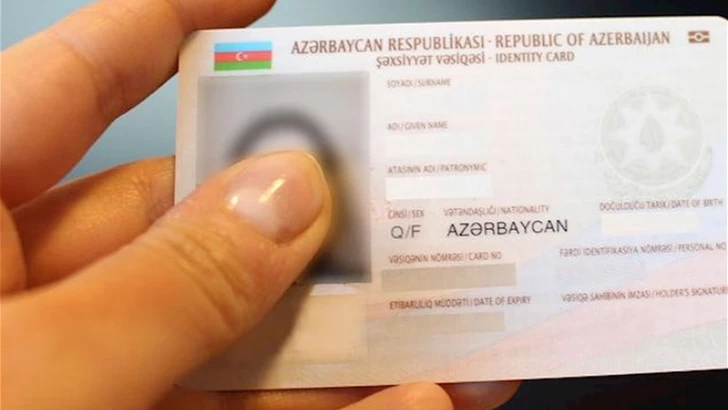Baku, July 18, 2025 — Although Azerbaijani citizens have had the legal right for nearly three decades to shed Russianized surname endings like “-ov” and “-ev” in favor of traditional national forms, the pace of change remains slow.
Under a resolution passed by the Milli Majlis on February 2, 1993, citizens are allowed to adopt surname endings more aligned with Azerbaijani linguistic heritage—such as -lı, -li, -lu, -lü, -zade, -oğlu, and -qızı—or to drop surname suffixes altogether.
The process is outlined in the “Rules on Naming and Changing Names, Patronymics, and Surnames,” approved by Cabinet Resolution No. 79 in 2011. According to Article 5.1, any Azerbaijani citizen over the age of 18 can apply to change the suffix of their surname by submitting a request to a registry office or consulate. The procedure is streamlined: once approved, all relevant civil status records are updated, new documents are issued, and no government fee is charged for the change. Parents can also choose a national surname form for their newborn at the time of birth registration.
There are no restrictions on which endings can be chosen, and citizens can request the change both before and after turning 18—although only one change is permitted after reaching adulthood.
Despite the accessible legal pathway, public uptake remains low. Member of Parliament Jeyhun Mammadov believes the issue is not with the system, but with public inertia.
“The legal framework is in place. What’s needed now is civic engagement. When the state takes the initiative in matters like this, people often complain about being forced into changes. But in this case, it’s entirely voluntary. Citizens should be more active and aware—this is also a matter of national identity,” Mammadov said.
MP Elshad Musayev echoed that sentiment but pointed to deeper societal and logistical barriers.
“There’s little public interest in changing surname endings, especially among older generations. Many avoid it simply because it involves updating multiple documents, which can feel burdensome,” he explained. “Young people, however, are increasingly making the switch. To encourage wider adoption, we need stronger public awareness campaigns and simpler procedures.”
Musayev added that digital tools could play a key role: “If this process were fully integrated into the E-Government portal, people would be much more likely to engage.”
While legal and bureaucratic support is readily available, the real shift—lawmakers suggest—will only come when citizens view surname reform as more than a technical change, but rather a conscious expression of cultural identity.


